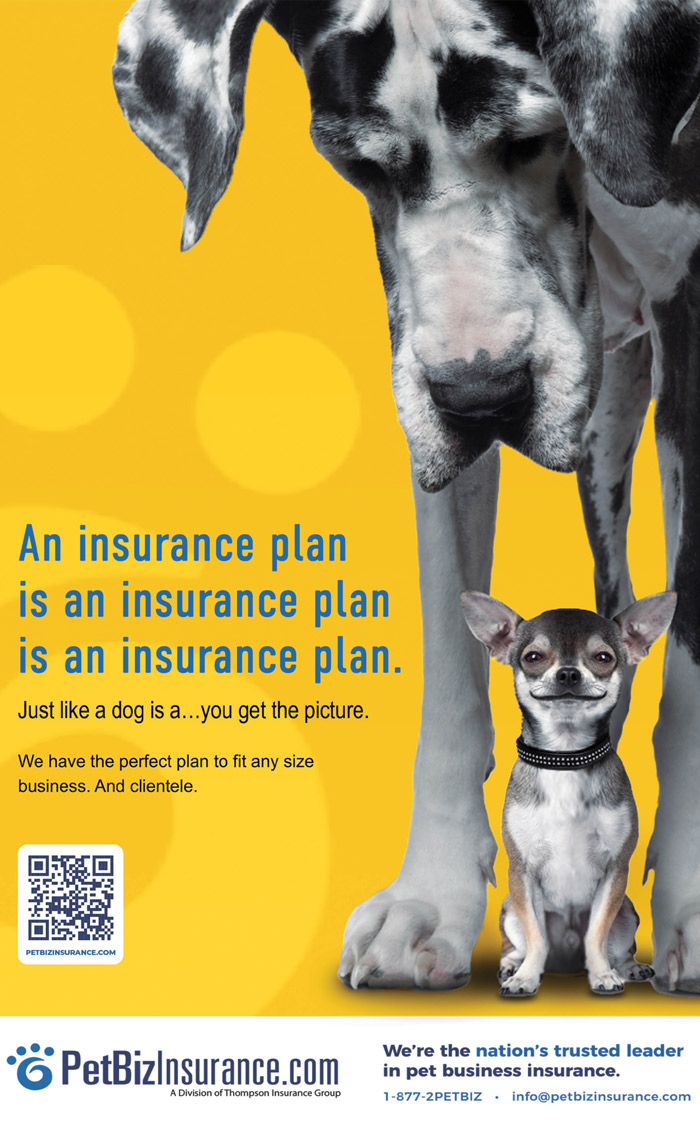


he love of animals is one of the driving forces in the veterinary profession, but with the increase in demand for veterinary services, the added work can become overwhelming and veterinarians have less time to spend with pets in our clinics. In addition, veterinary professionals must deal with pet and caregiver stress, along with personal stress, and there is not enough time to meet demand, often leading to burnout.
DVM Stephanie Wolf is one of many veterinarians who experienced burnout when she worked at a clinic. Aside from the workload, she said that the emotional rollercoaster between appointments was a big contributor: “You’ll go in one room and give really bad news, then in the next room you’re delivering puppies,” Wolf said. “It was really emotionally intense.” This stress ultimately motivated her to leave her job at a clinic and join a mobile veterinary company, where she was able to maintain a healthier work-life balance and significantly reduce work stress.
In addition to reducing the risk of burnout, the mobile veterinary model has proven to provide the following benefits as well.
 MORE 1-ON-1 TIME WITH PETS
MORE 1-ON-1 TIME WITH PETSAt-home veterinary care allows more time for veterinarians to spend with clients and patients. Distractions such as ringing phones and waiting room noises can be eliminated. Veterinarians in mobile practices can provide their undivided attention and care to their patients.
Veterinarians can also provide personalized care, such as suggestions on how to make home improvements to better accommodate pets with special needs. This personalized care from mobile practice puts less pressure on veterinarians, and provides the pet caregivers a sense that they are receiving the best care possible.
 PETS FEEL SAFER AT HOME
PETS FEEL SAFER AT HOMEThis benefit is more pronounced with senior patients that might struggle with difficult car rides to the clinic. Some mobile clinics also provide at-home, end-of-life care, where pets are in a peaceful environment and surrounded by loved ones.
 HELPS CLINICS BE LESS BUSY
HELPS CLINICS BE LESS BUSYDuring times when clinics are overwhelmed, by providing non-emergency support at home, pets who need immediate care are more likely to get the necessary help they need at clinics. In turn, veterinarians are reducing burnout for themselves and those around them.
 YOU HAVE MORE “YOU” TIME
YOU HAVE MORE “YOU” TIME- Döring, D., Roscher, A., et. al. (2009). Fear-Related Behaviour Of Dogs In Veterinary Practice. Veterinary Journal (London, England : 1997), 182(1), 38–43. https://doi.org/10.1016/j.tvjl.2008.05.006
- Todd, Z. PhD. How Many Cats Are Stressed at the Vet? (2016, Jun 22) Companion Animal Psychology. https://www.companionanimalpsychology.com/2016/06/how-many-cats-are-stressed-at-vet.html

